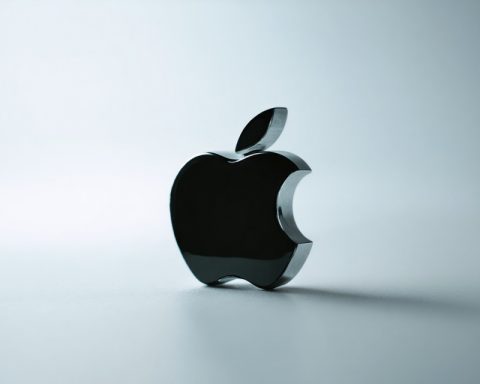The launch of OpenAI’s GPT-4 has generated much excitement, and with it, a flurry of questions about its capabilities. One of the most frequently asked questions is: Does GPT-4 have access to the internet? The short answer is no; GPT-4 does not have real-time internet access when interacting with users.
GPT-4 is designed as a highly sophisticated language model capable of performing remarkably complex tasks. However, it operates based on a vast dataset it was trained on, which only includes information up to October 2023. This means that GPT-4 doesn’t possess the ability to access or retrieve live data from the internet during its exchanges with users. Its capabilities are grounded in pre-existing knowledge and do not include browsing the web or updating its training data.
This lack of real-time internet access is by design. OpenAI prioritizes security and privacy, and by not allowing the model to access the internet directly, they can reduce the risk of misuse and ensure that interactions remain more controlled and predictable. Furthermore, this approach helps to maintain data integrity and user trust, as it prevents the potential for unsolicited information retrieval.
By utilizing its extensive database, GPT-4 is equipped to provide information and respond to inquiries effectively within its knowledge constraints. Thus, while GPT-4 is a powerful tool for generating text-based content and insights, users should be aware that it cannot provide updates or insights beyond its last training cut-off, ensuring its reliability on established knowledge.
How GPT-4’s Limitations Impact the Future of AI: Surprising Facts You Didn’t Know!
The fact that GPT-4 doesn’t have real-time internet access raises intriguing discussions about AI’s evolving role in society. While the immediate implications create a controlled and secure interaction environment, the lack of live updates might affect several societal facets in unforeseen ways.
Communities and Educational Institutions: GPT-4’s current limitations necessitate that educational materials and community announcements remain reliant on human intervention for the most recent information. This implies a dependency on traditional updating methods, which might slow the dissemination of the latest developments.
Business and Innovation: For businesses relying on cutting-edge tech solutions, GPT-4’s inability to access real-time data may hinder immediate updates crucial in industries such as stock trading, news reporting, or real-time analytics.
Why This Gap Matters: One might ask, “Could the lack of internet access limit GPT-4’s utility in dynamic environments?” Yes, particularly in scenarios where instant data retrieval is crucial, businesses or users may need to integrate GPT-4 with other solutions for comprehensive, up-to-date insights.
Interesting Controversy: An ongoing debate revolves around whether future iterations should include live internet access. Proponents argue for enhanced capabilities, while opponents caution against possible data vulnerabilities and ethical concerns.
To keep informed about AI advancements, consider visiting OpenAI, where updates on GPT-4 and other models are regularly published.
As we navigate AI’s expanding applications, it’s crucial to balance cutting-edge technology with privacy and security considerations, reflecting how society imagines the future of AI integration.








